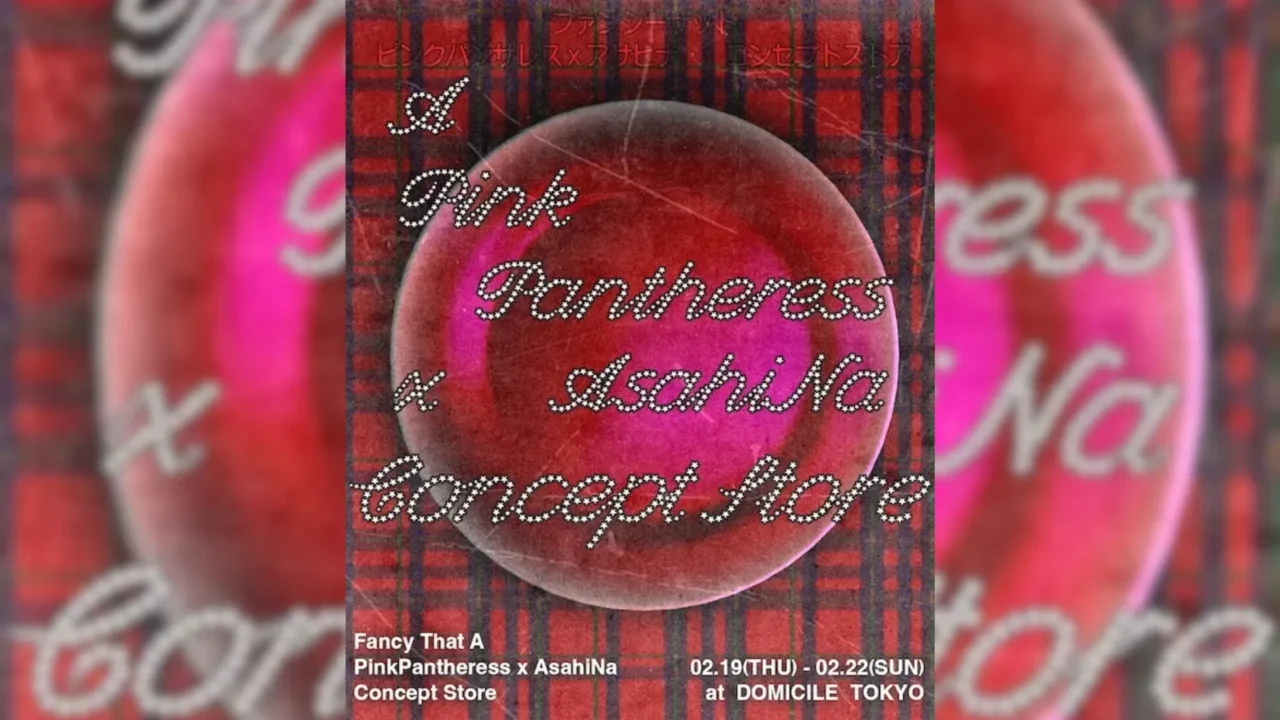Kiyoshi Kurosawa, acclaimed director who received the “Best Director Award in the Un Certain Regard section” at the 68th Cannes Film Festival for Journey to the Shore (2015) and the “Silver Lion” at the 77th Venice Film Festival for Wife of a Spy (2020), was honored this year with the title of Officier of the Order of Arts and Letters in France. In 2024, he is set to release several new films, including ‘The Serpent’s Path,’ ‘Chime,’ and ‘Cloud.’
In his book The Cinematic Art of Kiyoshi Kurosawa, he reflects, “The essence of humanity is ghostly.” While the moral complexities of good and evil in humans differ greatly from the terror associated with ghosts, there may be a shared element of unfathomable fear. In ‘Cloud,’ Yoshii (Masaki Suda), who earns a living through reselling items, becomes the target of an enigmatic group he encounters online. Through an interview with Kurosawa, which delves into the depiction of invisible malice unleashed by haunted individuals, viewers are invited to contemplate the origins of fear.
Please be aware that this article contains descriptions related to the film’s content.
INDEX
Over Two Decades After ‘Pulse’: Shifts in Understanding of the Internet
In ‘Pulse’ (2001), you portrayed how eerie occurrences on the internet seep into the real world. Your latest film, ‘Cloud,’ similarly tackles the theme of fears that spread through the internet. However, the landscape has changed significantly since the early 2000s, shortly after the launch of Windows 95. How do you view the differences in our perception of the internet from that era, and how has this influenced his approach to filmmaking?
Kurosawa: When I made ‘Pulse,’ the internet was perceived as something “creepy.” There was a sense that it was something we couldn’t fully grasp, potentially destructive to our lives, embodying a so-called negative element. Although that wasn’t necessarily true, it was an era where such delusions took hold.
Even though it was digital, there were aspects that were slow and oddly analog-like, which fueled those fantasies. Hearing the sound of a modem connecting made me wonder what part of the world I was connecting to, and the vague images felt strange. Of course, I now understand that there’s no inherent evil lurking in the internet itself.

Born in 1955 in Kobe, Hyogo Prefecture. He began shooting 8mm films while studying at Rikkyo University and made his commercial film debut in 1983. He gained international attention with ‘CURE’ (1997). ‘Bright Future’ (Akarui Mirai, 2002) was selected for the Competition section at the 56th Cannes Film Festival. On June 10, 2024, he was awarded the title of Officier of the French Order of Arts and Letters. Following The Snake Path and Chime in 2024, his latest film, Cloud, was released on September 27.
Is it that while the internet itself does not harbor evil, there are terrible forces elsewhere?
Kurosawa: The internet has the power to gather and amplify very small things that lie within the human heart. If those things are good intentions, small acts of kindness can accumulate and create a significant positive impact on society. However, if they are malicious intentions, it can lead to irreparable consequences. The immense power of the internet influences both good and evil within people’s hearts, but I feel that, at present, it is increasingly being used for malevolent purposes.
You appear to have a detached stance toward social media. Does that leave a positive impression?”
Kurosawa: I think the problem lies not with the internet itself, but with the people who use it. As you mentioned, I personally use social media only to a minimal extent, but I’ve seen people close to me getting caught up in terrible situations, so I definitely feel the fear of that power.
What concerns me the most is that there are individuals who believe information circulating on the internet—whether it’s true or false—without verifying its authenticity. It’s quite absurd, yet there are surprisingly many people around me who take internet information at face value, and ironically, those of us who don’t believe it can sometimes be accused of “lying.” It’s possible for a sudden rift to develop even with someone you were close to just yesterday, based solely on whether they believe or don’t believe the information.
A suspense thriller that follows the protagonist’s life unraveling due to hatred spread in the online community. The main character, Yoshii (Masaki Suda), uses the handle “Ratel” to earn quick cash as a reseller. His reselling activities spark outrage online, leading to hateful comments spreading against him. One day, he is attacked by a man wearing a paper bag over his head and an undefined group of individuals.
INDEX
The Collective Madness That Pushes Boundaries
In ‘Cloud,’ the scene where Sano (played by Daiken Okudaira), who works for the reseller Yoshii (Masaki Suda), hands a gun to Yoshii was striking. I felt that we, too, might “easily” cross boundaries while blindly accepting information, much like the group connected through the internet.
Kurosawa: I appreciate your thoughts; thank you. That’s exactly right. When you’re alone, you think, “There’s no way I would cross that line,” but when you get caught up in a group, something different from your ego takes over, and you become unstoppable.
Truth becomes irrelevant, and everyone blindly believes in it. In this film, it ends up being a relationship where it’s “kill or be killed.” No one says, “Let’s stop,” and it continues until one side dies. The feeling that a certain boundary can be crossed quite easily is something that I think everyone experiences.
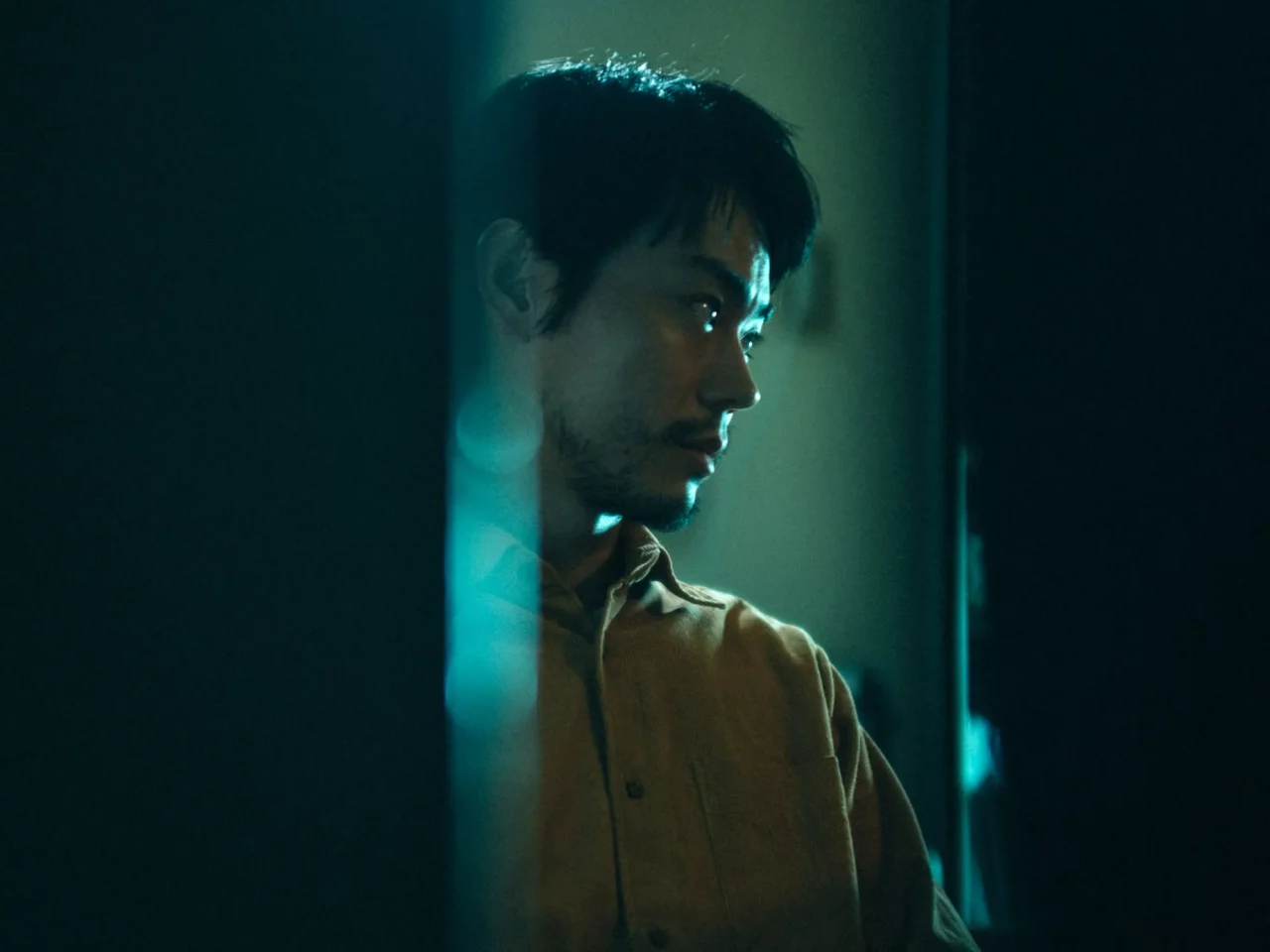
Did you intentionally avoid including a character who would put a stop to the dangerous situation?
Kurosawa: I chose not to include such a character. While it’s possible to forcefully insert someone who could stop the situation into the story, the only entities that have the power to do so are the police or organizations like the Yakuza. Even if they were able to halt the actions of those who have crossed the line, I believe it would be quite difficult to stop the emotions that have already been triggered. Since it’s fiction, I wanted the story to go as far as it could.
It seems like you had a pure desire to create action scenes. What are your thoughts on that?
Kurosawa: Yes, I did have that simple desire. I expressed to the producer of ‘Before We Vanish’ (2017) that I wanted to do a full-fledged action film next.
However, when thinking about a contemporary Japanese setting, the stories that come to mind mostly involve the police or the Yakuza—people who are likely to engage in gunfights. So, I wanted to focus on the story of “ordinary people” who live in modern society and have little to no connection to violence. Certainly, when the police or the Yakuza wield guns, it looks smart and powerful, but I wanted to capture the clumsy action that only people who are entirely unaccustomed to violence could exhibit.
Everyone becomes ensnared in a situation from which they cannot retreat, consumed by violence, but I believe Yoshii was the only one who attempted to turn back.
Kurosawa: Yoshii, played by Suda, is an ambiguous character. When he sells all the electronics he bought cheaply at the beginning, he doesn’t react with sheer joy; instead, he experiences a mix of relief and anxiety. His consistently ambiguous reactions tie into his cautious nature.
The character was inspired by someone I know who engages in reselling, and he is extremely careful. He understands that making a hasty purchase could lead to bankruptcy, so he approaches his work with the same level of caution as trading stocks. By making Yoshii an ambiguous and cautious character, he doesn’t easily step into a kill-or-be-killed relationship, but ultimately, he finds himself in a situation where ambiguity is no longer an option and begins to change.
After Yoshii engages in reselling, his act of stepping away from the computer to stare at the screen also seems to reflect that “ambiguity.”
Kurosawa: That’s more of a sensory observation on my part, but since reselling transactions take place entirely within the computer, if Yoshii immerses himself in that world, he loses his composure. By stepping away from the computer, I intended to express that he is a person who makes careful and calm judgments.
INDEX
The Ominous Signs of Societal Collapse: Ordinary People’s Intuition About Doom
Even Yoshii, who is cautious and calm, undergoes a transformation as if possessed by something. The sight of everyone, including the vengeful group, being consumed by some obsession is both frightening and, in a way, absurd. What was Kurosawa’s mindset while capturing this?
Kurosawa: Essentially, I see all the characters as ordinary people. However, I think this reflects a modern characteristic: those who seem unremarkable are often the ones who might have a bleak outlook on the future. There’s a sense of uncertainty and a vague anxiety about what lies ahead. They might feel the urge to lash out due to their frustration, but they don’t have a clear target. Wars are already erupting around the world, and I can’t help but feel that there’s a growing sense of dread among ordinary people, as if they sense that disaster is lurking just ahead.
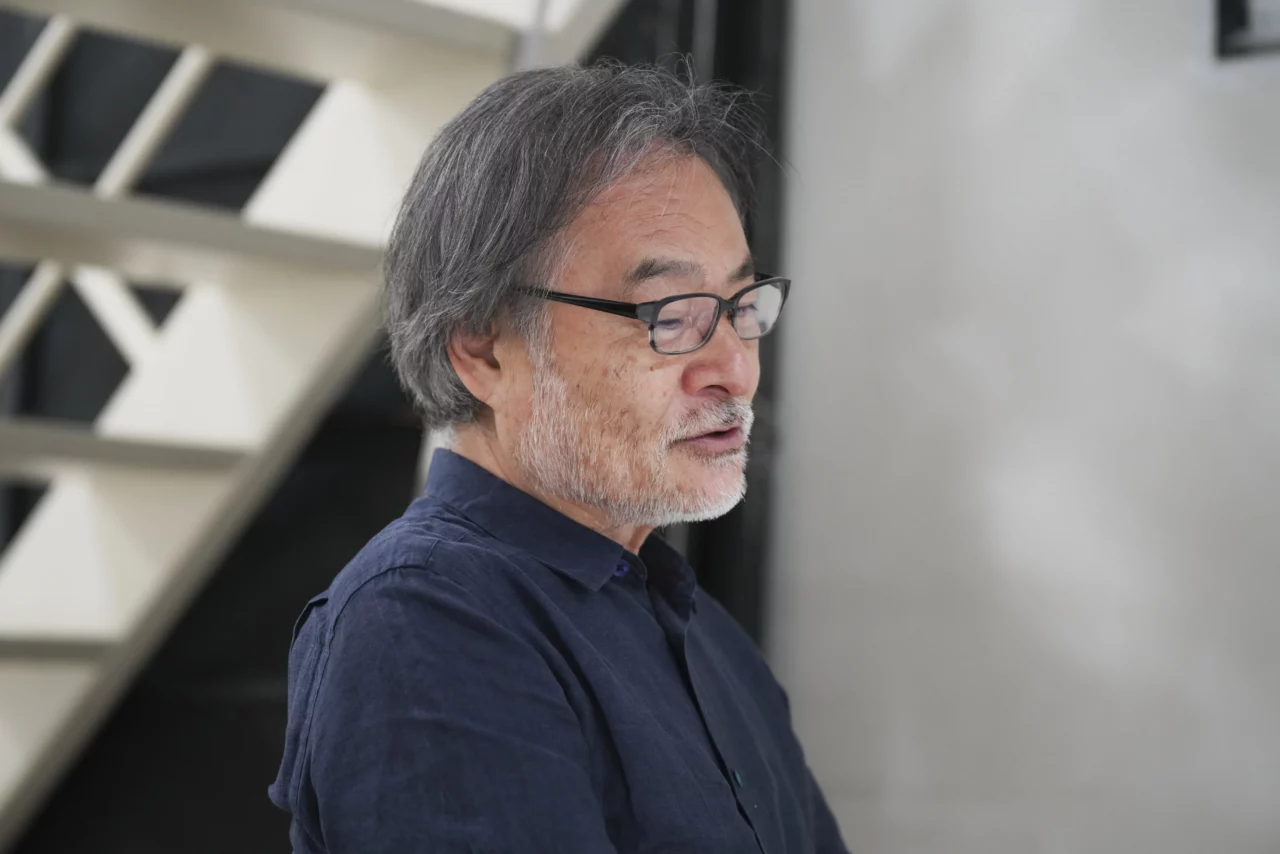
I’ve heard that the idea for this film was inspired by real-life incidents where strangers met online and, with a simplistic mindset, ended up killing each other like a game. It seems that such events could stem from vague anxieties.
Kurosawa: I don’t think these are unique incidents; rather, they’re something that could easily happen in today’s world. Groups of strangers, gathered out of curiosity, can escalate their violent intentions through the internet. Again, the internet itself isn’t inherently bad; the problem lies in the small anxieties that build up in the hearts of ordinary people and are amplified when brought together through the internet.
Yoshii unapologetically identifies himself as a “reseller” when asked about his profession, and Sano only says he helps Yoshii because he’s his assistant. This could suggest that “verbalizing” one’s identity acts as a switch for being consumed by something. What are your thoughts on this?
Kurosawa: I wasn’t explicitly aware of that, but there might be some truth to it. While Yoshii is aware that being a reseller isn’t viewed positively by society, he still carries a sense of pride. Clarifying one’s position and thoughts could indeed serve as a trigger, but that also leads down a path to destruction.
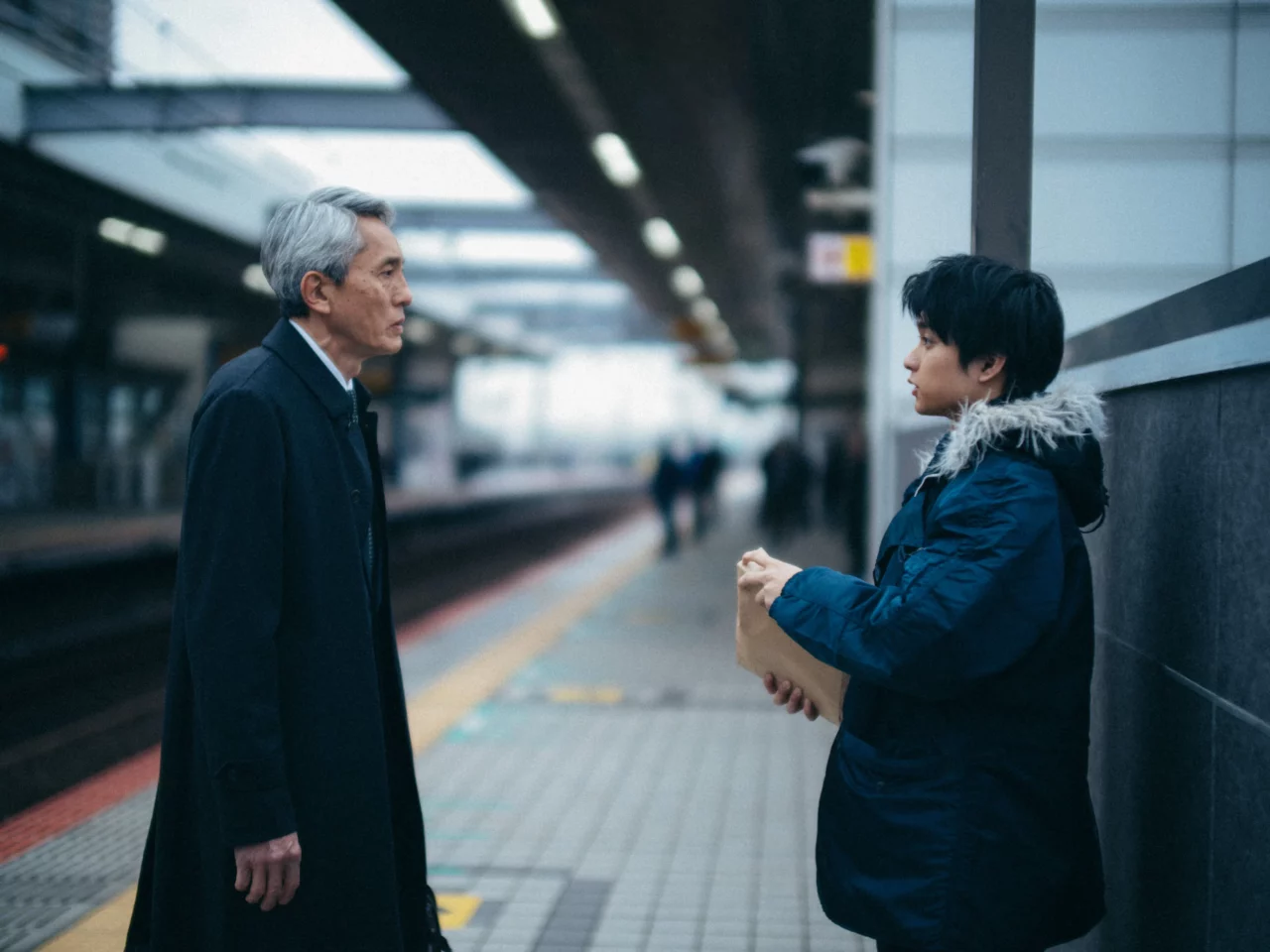
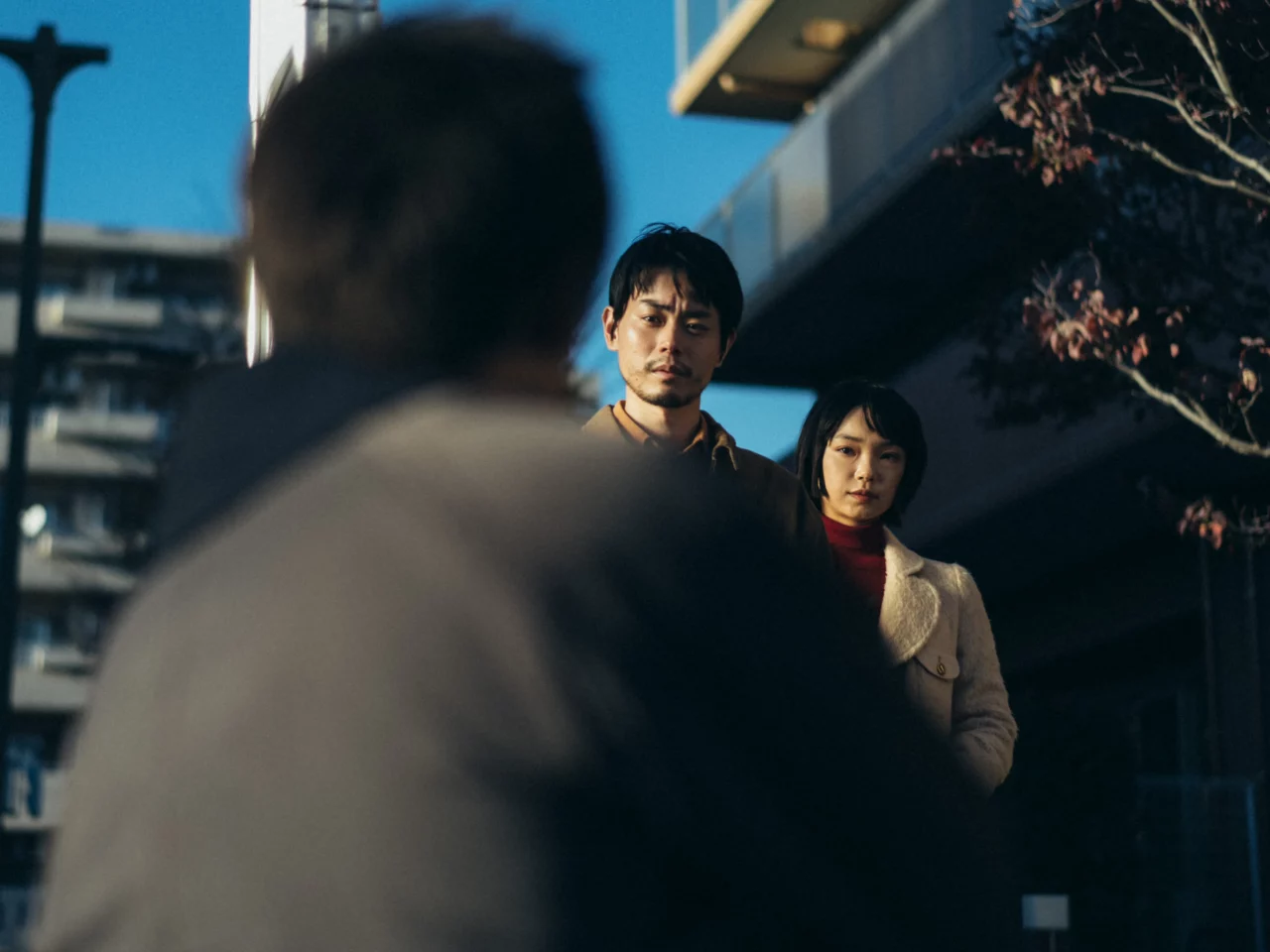
Do you prefer to clarify your position by expressing it verbally?
Kurosawa: I actually prefer not to define my position too clearly. However, there are times when I have to clarify it, so in those moments, I try to accept that this is who I am. By doing this repeatedly, I gradually become accustomed to it, even if, upon deeper reflection, I might view things differently. It’s often easier to simply convince myself of a particular stance. I think I should reflect on whether I genuinely believe that or not, but perhaps this self-convincing is part of “navigating society.”
INDEX
Recognizing the Hellish Nature of This World
The currently showing film ‘Chime’ (2024) also explores the life of an ordinary protagonist, Matsuoka (Mutsuho Yoshioka), who works as a cooking class instructor and experiences a disruption in his daily routine. Although his family appears typical, his wife (Tomoko Tabata) obsessively discarding empty cans at a high noise level raises questions about how anyone might be affected by something unsettling.
Kurosawa: ‘Chime’ is definitely a different film. Each time I create a movie, both the cast and the story are unique, so I aim to produce something completely new. However, there’s a limit to what one person can accomplish, and despite all the fresh elements, my direction often seems to echo past works. Many people refer to this as part of my distinctive style. But I don’t make films to highlight my individuality; in reality, I would prefer if my uniqueness went unnoticed.
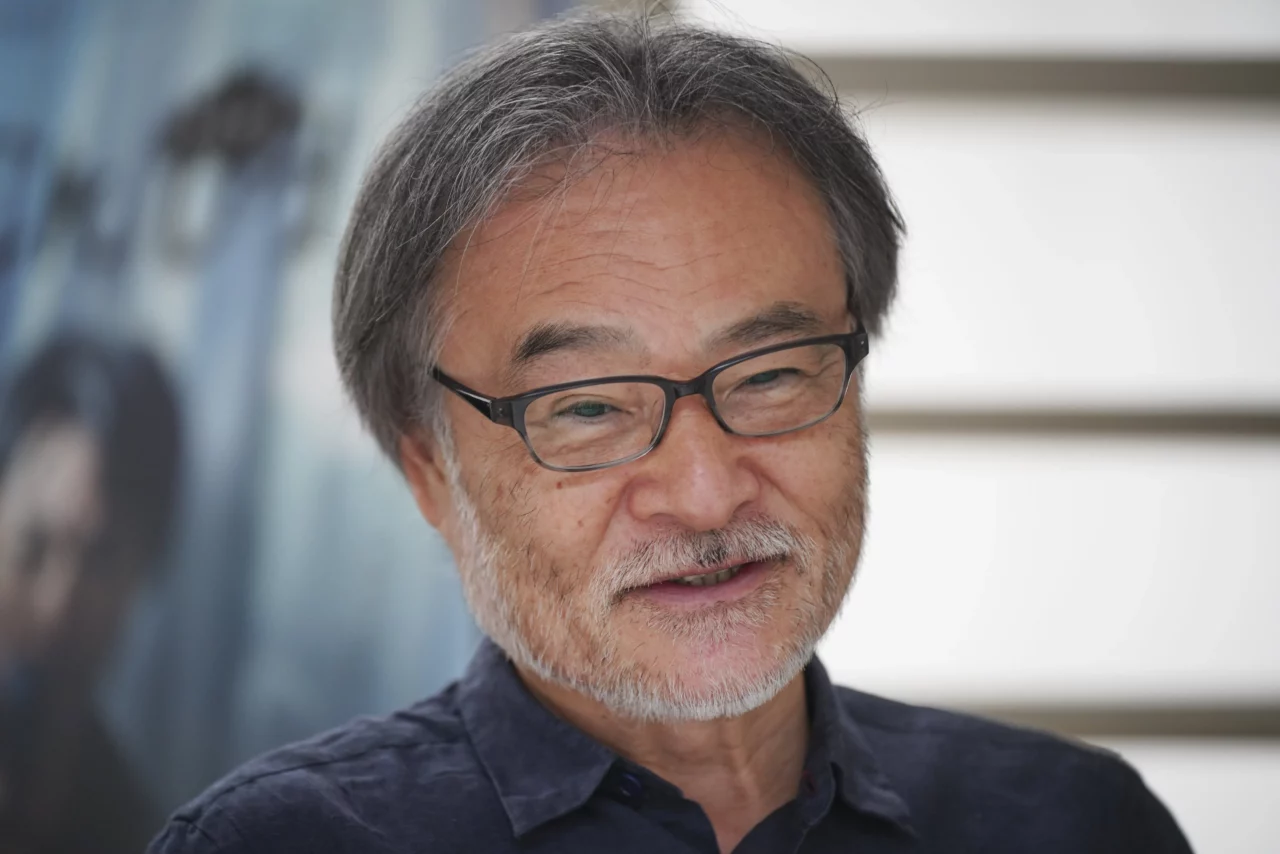
Kurosawa: However, it’s true that both films may reflect contemporary situations in similar ways. What I notice is that when trying to portray people in today’s world, there seems to be a certain disconnect from their realities. This is a contradiction on my part, but in both ‘Cloud’ and ‘Chime,’ the characters become consumed by something, leading to irreversible consequences. Yet, despite these dire circumstances, there’s still a desire within me to “save” them in some way.
Kurosawa: Realistically, Yoshii might not find salvation. However, I wanted to conclude the story with a sense of hope for him. If I depicted the final scene where he gets caught by the police, it might provide a more satisfying resolution for society, but that wasn’t what I wanted to do. I believe that if we don’t end on a note of hope for how the protagonist will live on despite being in a dire situation, then the people currently living also won’t find salvation.
I was surprised that Yoshii chose to live.
Kurosawa: Yes, that’s true. It may seem foolish to explain my interpretation, but the last line signifies the moment Yoshii finally realizes that this world is like hell. Whether he continues to push through this hell or finds a way to avoid it is uncertain, but just the fact that he understands it as hell can lead to hope. It may sound contradictory, but that’s my honest feeling.
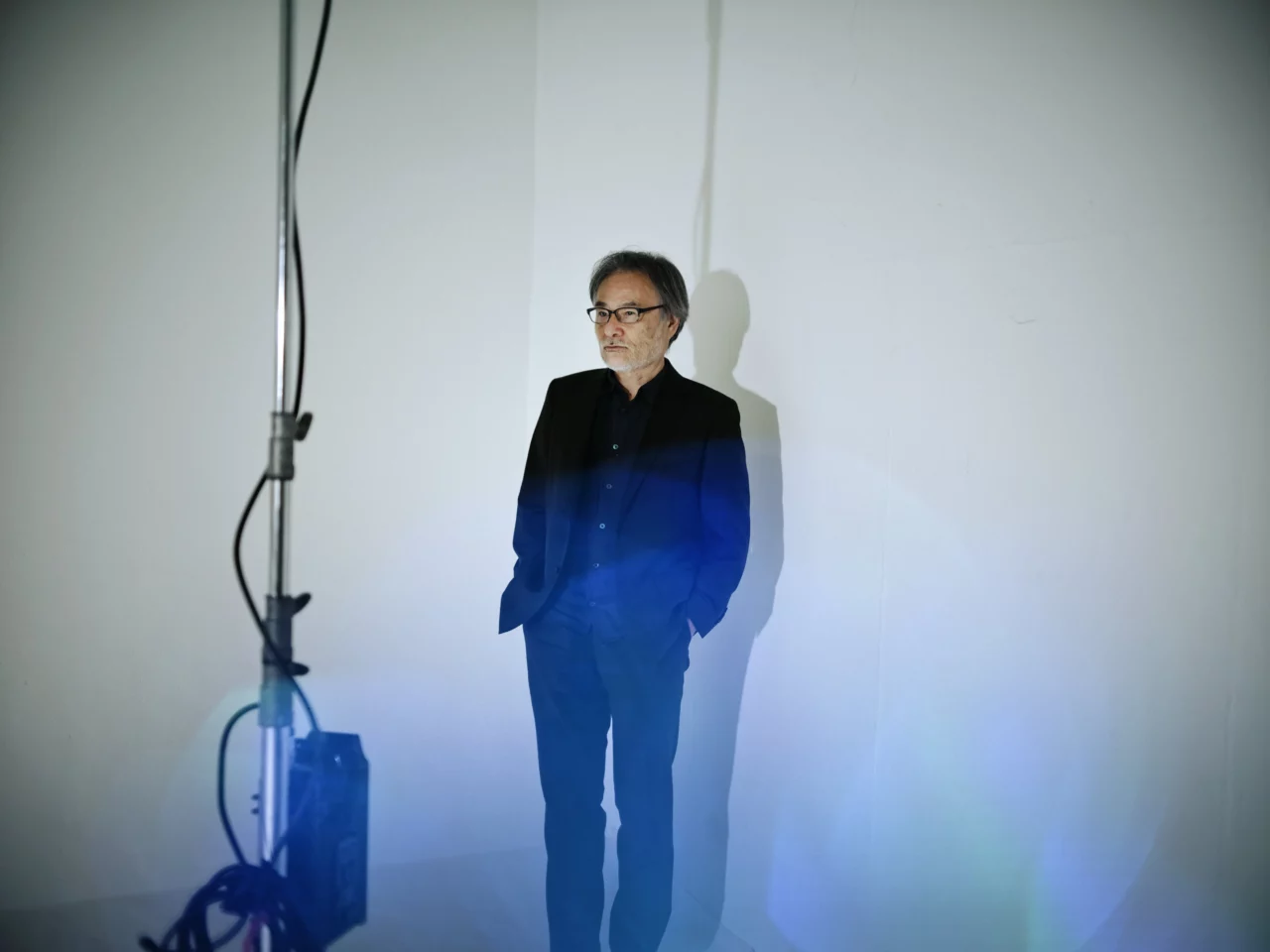
Cloud

Now Showing from September 27, 2024 (Friday)
Running Time: 123 minutes
Production: 2024 (Japan)
Distribution: Tokyo Theatres, Nikkatsu
Director & Screenwriter: Kiyoshi Kurosawa
Cast:
Masaki Suda, Kotone Furukawa, Daiken Okudaira, Amane Okayama, Ryoya Arakawa, Masataka Kubota
https://cloud-movie.com/























